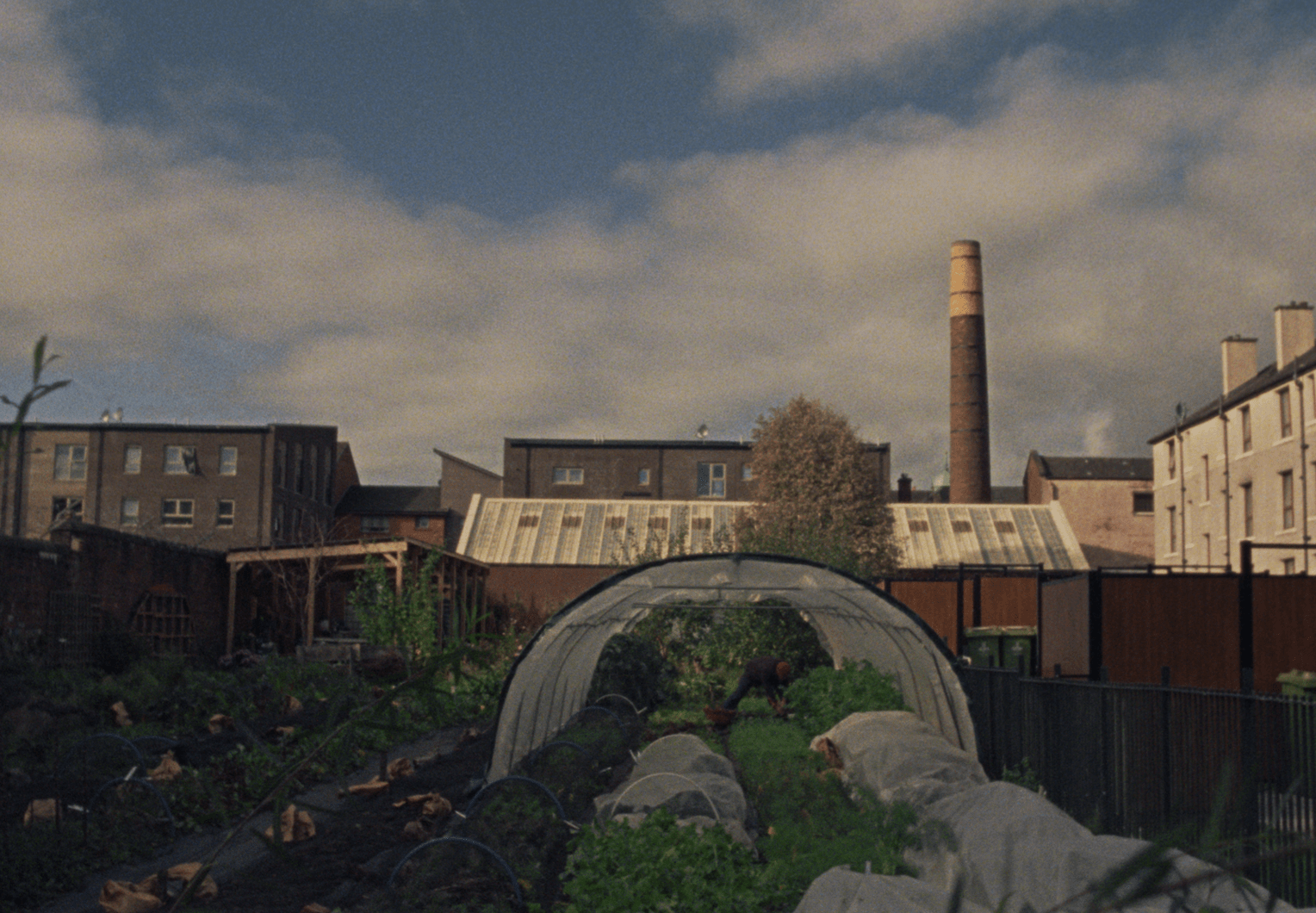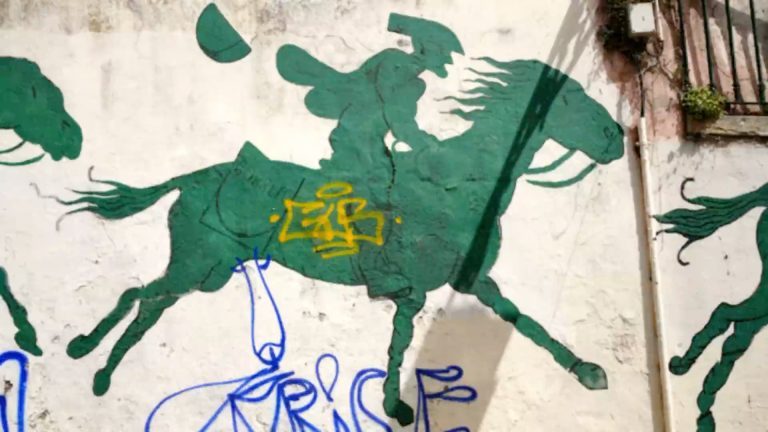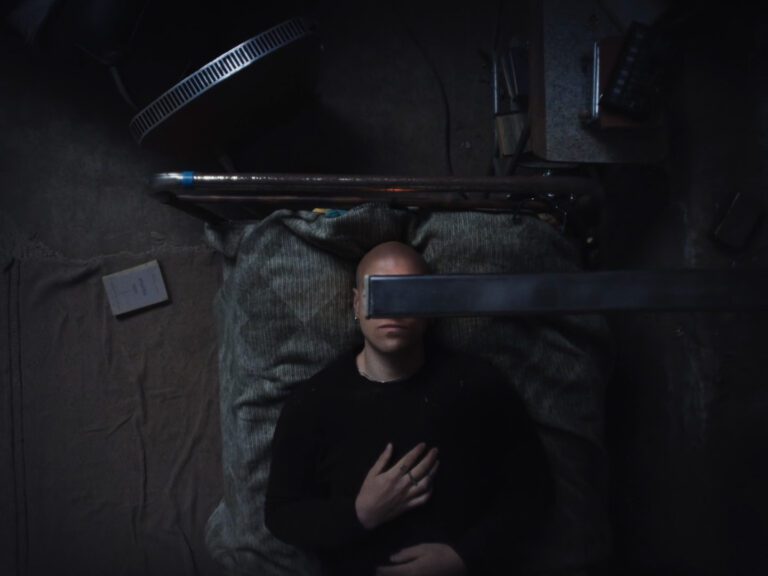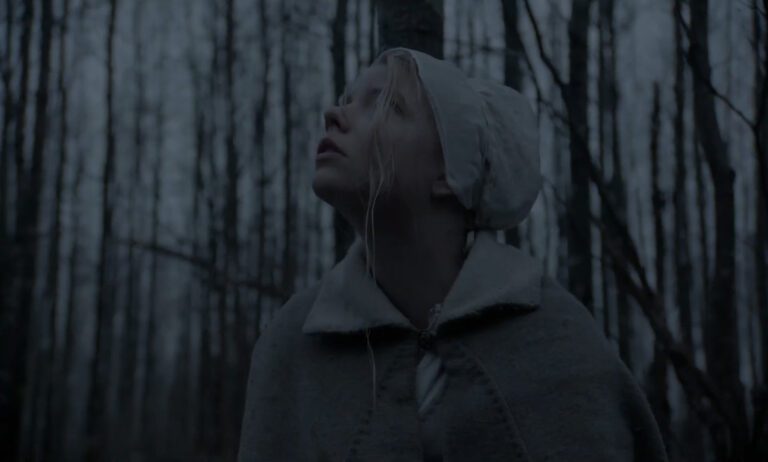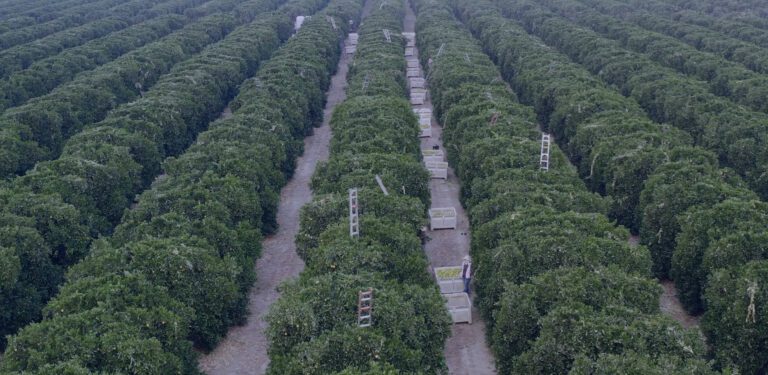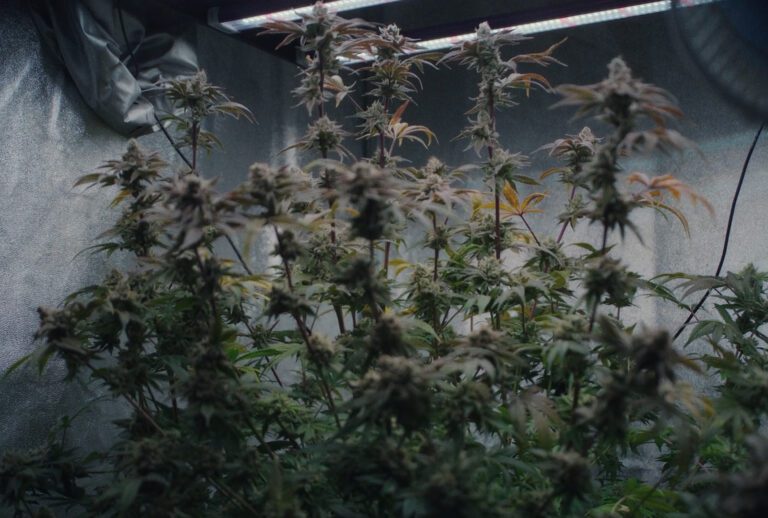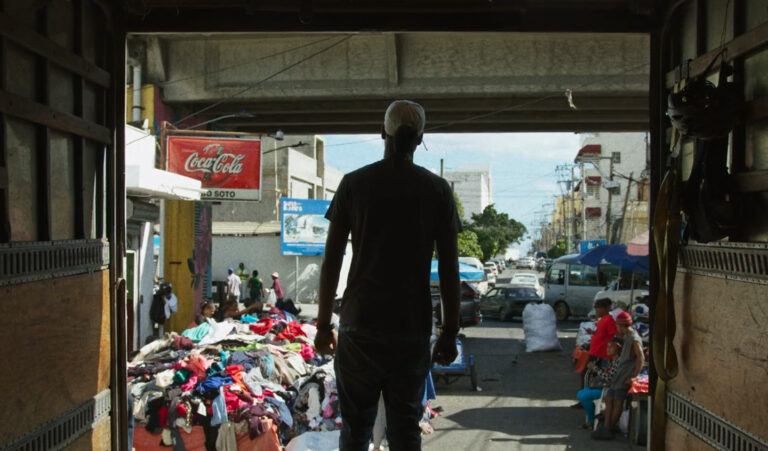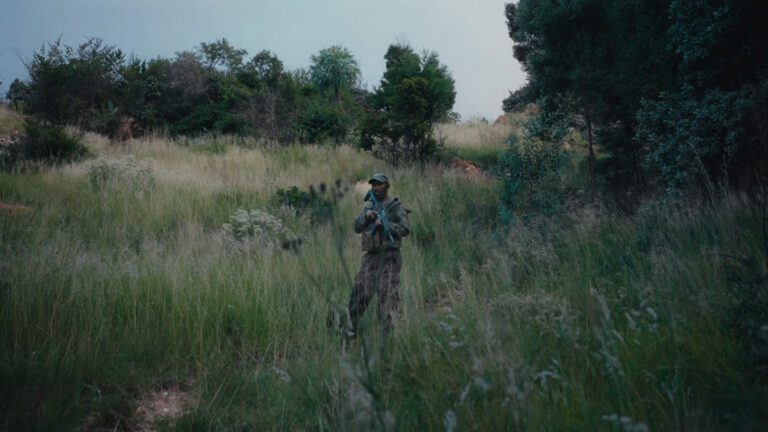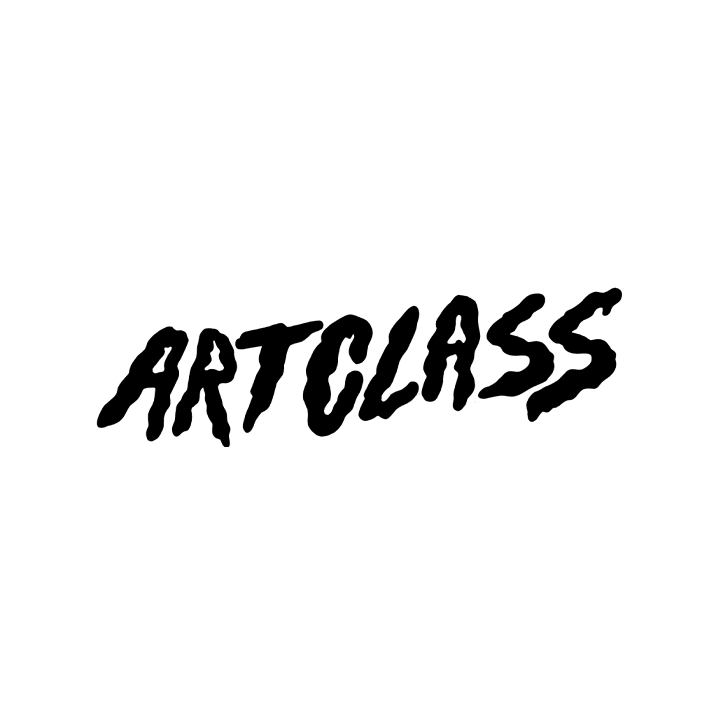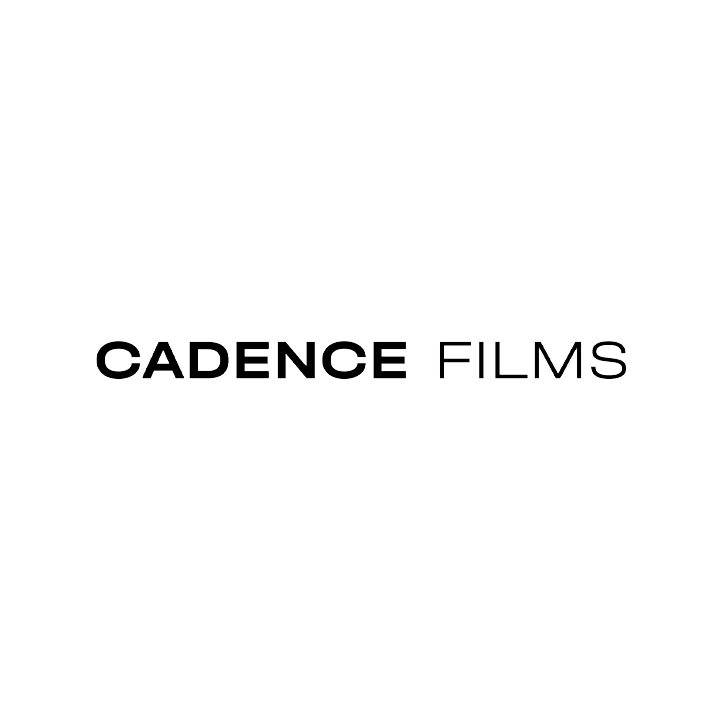Suggested Terms
Director
Location
Format
Festival
Agency
Production Company
Record Label
Award
Country
- United Kingdom
Production Company
-
TEEPEE FILMS
November 2021
Chris Parton directs ‘Hot Air’.
Captured through a series of intimate portraits to the backdrop of COP26, local Glaswegians express how they feel about the future of our planet and the climate crisis we’re facing – away from media headlines and political agendas.
Country
- United Kingdom
Production Company
-
TEEPEE FILMS
Credits
-
Director
-
Producer
Tom Precey
-
Director of Photography
Daniel Purse →
-
Editor
Owen O'Sullivan
-
Colourist
Peter Oppersdorff →
-
Composer
Lewis Gregory
-
Production Company
TEEPEE Films
